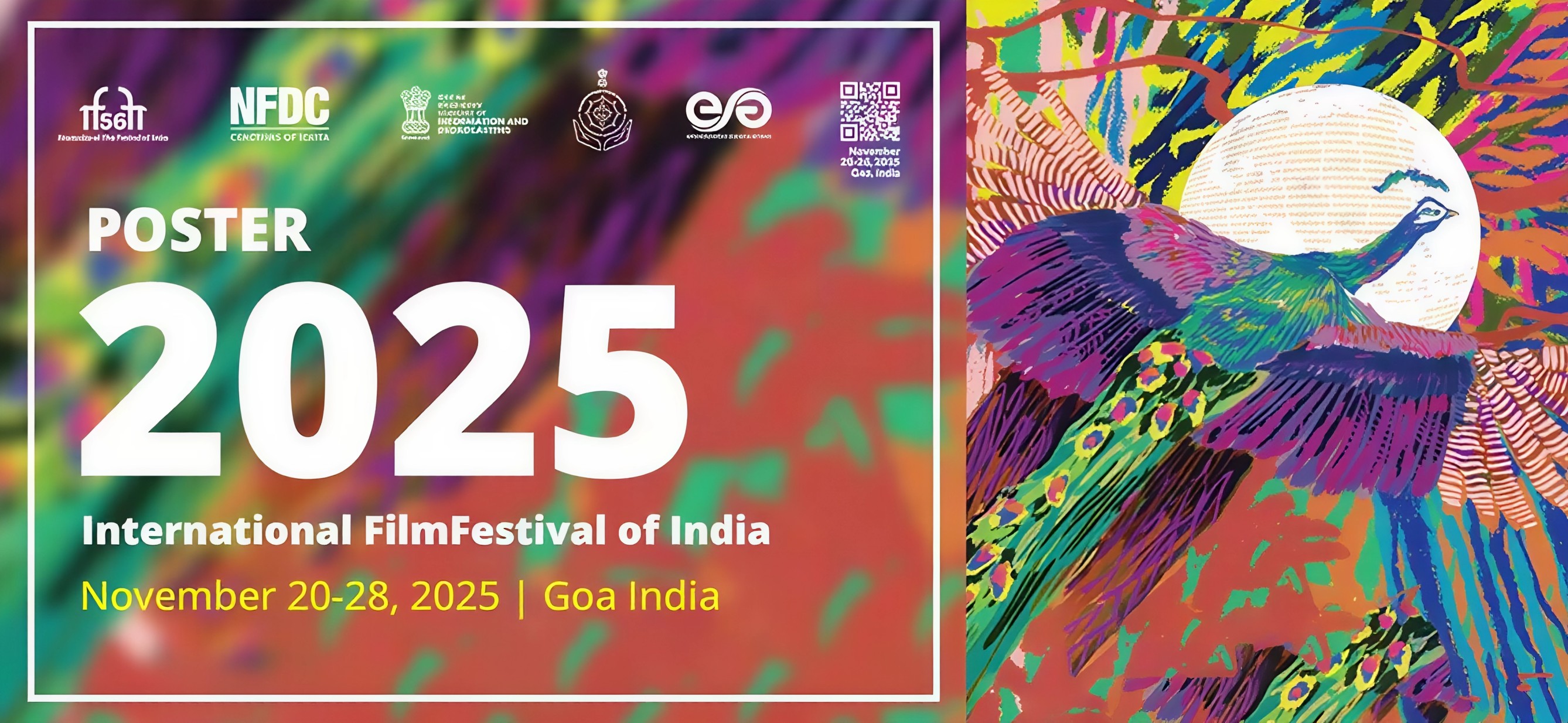Good news for Indian students who want to study in Japan! According to the Japanese Ambassador to India, Hiroshi F Suzuki, it's now easier than ever for Indian students to get a visa to study in Japan.
In a recent interview with YouTuber Mayo San, Suzuki explained that getting a student visa for Japan is simple. All you need is your student ID card, and you're good to go.
Suzuki emphasized that Japan offers streamlined visa processes, along with plenty of skill development programs and promising job opportunities. He encouraged Indian students to consider studying and working in Japan, highlighting the vast potential for them in the 'land of the rising sun.
In exciting news for Indian students, Suzuki mentioned a recent change in visa regulations. Now, within three years of graduating from an Indian university, students can submit certificates of student status or graduation instead of proving financial capability when applying for a single-entry visa for short-term stays for tourism purposes.
This change aims to promote more people-to-people exchanges between India and Japan, particularly focusing on increasing the number of young visitors.
Suzuki expressed his optimism about the increasing number of Indian individuals coming to Japan for study and work, foreseeing a positive relationship between the two nations.
On a lighter note, Suzuki talked about his experiences with Indian cuisine, describing it as a 'culture shock.' He humorously admitted to finding Indian food spicy enough to bring tears to his eyes but expressed his desire to continue enjoying its tasty flavours.
Suzuki also shared his love for various Indian dishes, mentioning his admiration for the diverse flavours found throughout the country. He recounted a memorable experience with Misal Pav in Pune, sharing a funny story about a spicy challenge he took with his wife.
Talking about his favourite places in India, Suzuki mentioned the majestic Ranthambore National Park in Rajasthan and the serene ambience of Darjeeling.
When asked about the differences between Japan and India, Suzuki highlighted language as a significant contrast. He pointed out Japan's unified writing system compared to India's diverse linguistic landscape, marvelling at the different writings in India and likening each state to a distinct country with its own unique identity.








